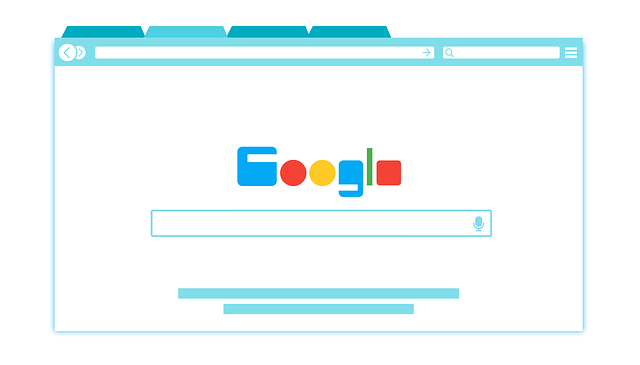Google has announced that it is beginning to roll out its “helpful content” algorithm update – how can businesses prepare for this?
On the 25th of August, Google announced that it was beginning to roll out its “helpful content” algorithm update, meaning businesses could start to see significant changes to their organic rankings in the coming weeks.
What is the helpful content update?
When Google releases a ranking update it aims to improve the quality of its search results, and ultimately make the search engine more user-centric. And, in light of recent news that TikTok is fast becoming the younger generation’s preferred place to search for new things, it’s never been more important for Google to make sure it’s constantly developing, innovating, and striving to hold onto its title of ‘search giant’.
The helpful content update is its next step toward helping us all find the best possible content on Google. This should make businesses and website owners question their current strategy when it comes to content marketing, as well as the content that currently sits on their site.
- Is your content useful/helpful/providing value to your audience?
- Is your content original, and written by experts?
- Is your content relevant to your business niche?
- Will users need to find something more to satisfy their search intent?
- Was your content written for search engines, not users?
Google relies on hundreds of signals in order to help it determine where a site should rank for particular keywords. And many of these will indicate the quality of your website’s content. For example, if the majority of users leave your website within seconds of landing on it, it’s highly likely that the content they were served wasn’t helpful to them in any way and simply didn’t satisfy their search query.
Websites with a high number of these ‘unhelpful’ pages should expect to see a negative impact from this algorithm update.
How should businesses react?
We recommend waiting until this update has fully rolled out before determining your next steps. If you answered ‘yes’ to the above questions, you shouldn’t have anything to worry about. If you answered ‘no’ however, your site could take a hit.
If that’s the case, you need to re-think your content strategy…
Identify poor-performing pages
Use Google Analytics to your advantage here – take a look at your top organic landing pages, specifically those with extremely low engagement, and review the content that these pages contain. If it’s unoriginal, sales, and generally unhelpful it might be time for a refresh.
Determine what your audience wants to know
Research the types of questions your audience is searching for in your niche. Get the experts on the job and answer these directly. Provide stats, and imagery, and have to think about whether or not users might need to head back to the search results to fulfill their search query.
Keep things current
Is your content out of date, and simply not relevant anymore? This can be a quick win – refresh your content with your to-date information and insights to make it instantly more helpful to users.
Always keep users in mind
This is key when it comes to your content. As long as you are writing for your audience, you can be confident that as Google starts to re-crawl your site, in time your rankings should start to recover. Remember that Google’s main aim is to weed out any content that’s written purely for SEO (and there’s plenty of it out there). As Google becomes more and more user-centric, your website should too.

